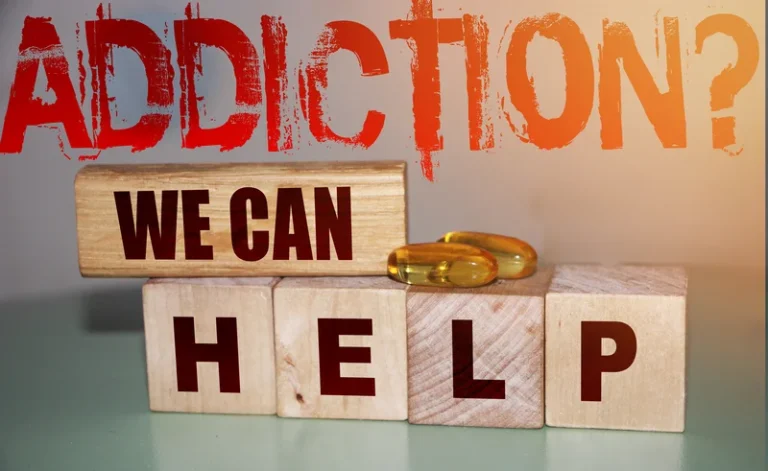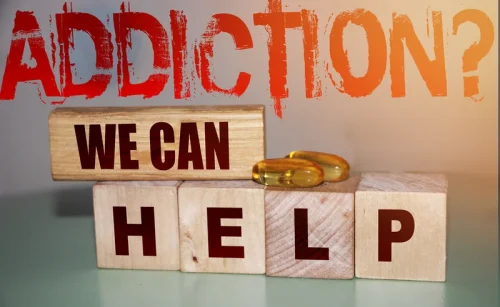
In art therapy sessions, creating abstract pieces can help individuals externalize feelings or experiences that are difficult to put into words or realistic images. This can be especially helpful when dealing with trauma or deeply ingrained emotional patterns related to addiction. Art therapy is a valuable and effective form of treatment for addiction, as it allows you to express your emotions healthily and creatively. It has many benefits, including providing an outlet for self-expression and helping with personal discovery.
Find out more about our admissions process
If you or a loved one are going through addiction and think that art therapy could benefit you, don’t hesitate to contact Avenues Recovery, where we can talk you through the various options available to you. art therapy for addiction Drama therapy has been recognized for its ability to reduce psychological distress and promote emotional well-being in various populations, including healthcare professionals 5. By engaging in theatrical activities, individuals can tap into their creativity, build resilience, and gain a deeper understanding of themselves and their addictive behaviors. By spending a few minutes to focus on an art project, people will gain a sense of accomplishment and perhaps some insight into their thoughts and feelings. Each of these art projects is a great part of a journey toward recovery and can be completed in a residential treatment center.
Detoxing for Physical and Mental Health
This externalization can provide a sense of distance and perspective, making it easier to process difficult feelings and experiences. Schizophrenia is a complex functional psychotic mental illness that affects about 1% of the population at some point in their life (Kolliakou et al., 2011). Many patients with schizophrenia remain symptomatic despite pharmacotherapy, and even attempts to suicide with a rate of 10 to 50% (De Sousa et al., 2020). For these patients, art therapy is highly recommended to process emotional, cognitive and psychotic experiences to release symptoms.
Art Therapy for Addiction: Benefits, Techniques, How to Find a Therapist
The three-dimensional aspect of sculpture allows for a more holistic exploration of complex emotions and experiences. A big part of the 12 Steps is self-reflection which art therapy facilitates. Art making can help make some of the abstract ideas addressed in the 12 Steps, such as denial, acceptance, and faith, more tangible.

Drug Addiction Clinics: Comprehensive Treatment Options for Recovery
- Discover how to support someone in recovery with expert tips on building a strong support system and preventing relapse.
- Although people have benefited from art therapy for a long time, it’s become a more well-known term in the past few years.
- The benefits of creative expression in addiction treatment are manifold.
- Once the timeline is completed, the patient is encouraged to write in a journal about the emotions inspired by this activity.
- Clients decorate masks to represent their public and private selves, facilitating discussions about authenticity and personal growth.
- Creating personal narratives allows individuals to reframe their addiction story and envision a positive future.
One common hurdle is addressing resistance and self-doubt in participants. Many individuals enter therapy with the belief that they’re “not artistic” or fear judgment of their creations. Skilled art therapists work to create a non-judgmental environment, emphasizing the process over the product and encouraging self-expression without the pressure of artistic perfection. Art therapy is designed to complement other recovery services like talk therapy, medication management, and support groups. The treatment is overseen by a trained art therapist who helps patients interpret their experiences and explore strong emotions in a healthy way.

Art Therapy for Self-Exploration and Personal Growth

Approaches vary, including traditional mediums like painting and drawing, to more modern forms like digital art therapy. The act of creating art is inherently therapeutic and can induce a meditative state, lowering levels of cortisol (the stress hormone) and promoting a sense of calm. This stress relief is vital in addiction recovery, where managing stress effectively reduces the risk of relapse. Art therapy is conducted by trained and licensed art therapists, trained in art and psychological theory, who can tailor the approach to each person’s needs and goals.
- The study found participants with ADHD had better focus and made decisions with better clarity and participants with Asperger’s had positive behavior.
- Often, art therapy involves activities like painting, drawing, photography, pottery, or other hands-on creative tasks.
- With the development of modern medical technology, life expectancy is also increasing.
- A well-thought-out setting makes creative expression feel more natural and inspiring.
Understanding these methods can empower you to make informed decisions about your journey towards sobriety. Art therapy is not just about creating art; it’s about discovering new ways to understand and express https://ecosoberhouse.com/ yourself on your path to recovery. Whether you’re just beginning your journey or looking for additional support to maintain sobriety, consider exploring the transformative potential of art therapy in your recovery toolkit. Art therapy offers a unique approach to recovery and sobriety, harnessing the power of creativity to facilitate healing. If you’re exploring different therapy techniques or resources in your journey toward sobriety, understanding the benefits of art therapy can be incredibly insightful.
Role-playing allows clients to practice new behaviors and coping strategies in a safe environment. Music therapy harnesses the power of rhythm, melody, and lyrics to support recovery. Listening to and creating music can evoke strong emotions, helping clients process feelings related to their addiction journey.

Long-term art projects can play a significant role in sustained recovery. These might involve larger-scale works that evolve over time, reflecting the ongoing journey of recovery. For example, a series of self-portraits created at regular intervals can provide a powerful visual representation of personal growth and transformation. Group art projects can be particularly effective in building support networks. Collaborative murals, group sculptures, or even community art installations can foster a sense of connection and shared purpose among individuals in recovery.
Art Therapy in Addiction Recovery: Unlocking Healing Through Creativity
Group music sessions foster connection and reduce isolation, a key factor in sustained recovery. Drumming circles, for example, promote unity and release pent-up emotions through rhythmic expression. Songwriting allows individuals to express their experiences and hopes for the future. Playing Drug rehabilitation instruments can improve focus and coordination while providing a healthy coping mechanism. Art-making also reduces stress and anxiety, common triggers for substance use. The act of creating something tangible can boost self-esteem and provide a sense of accomplishment.